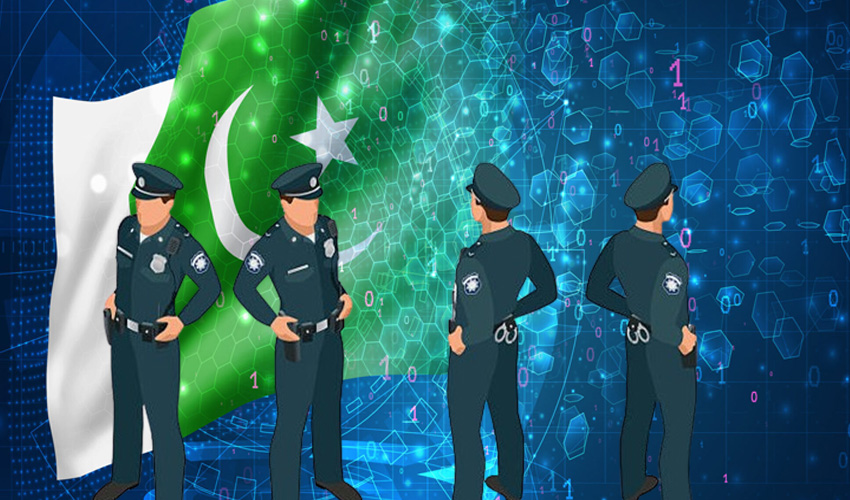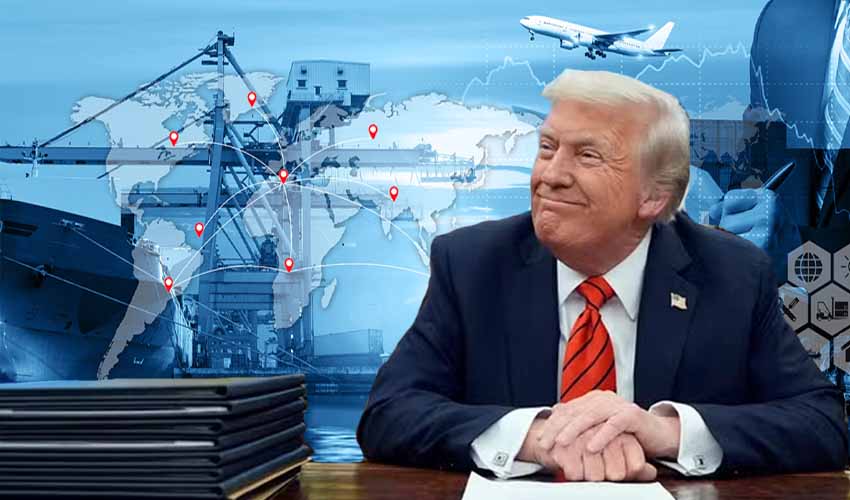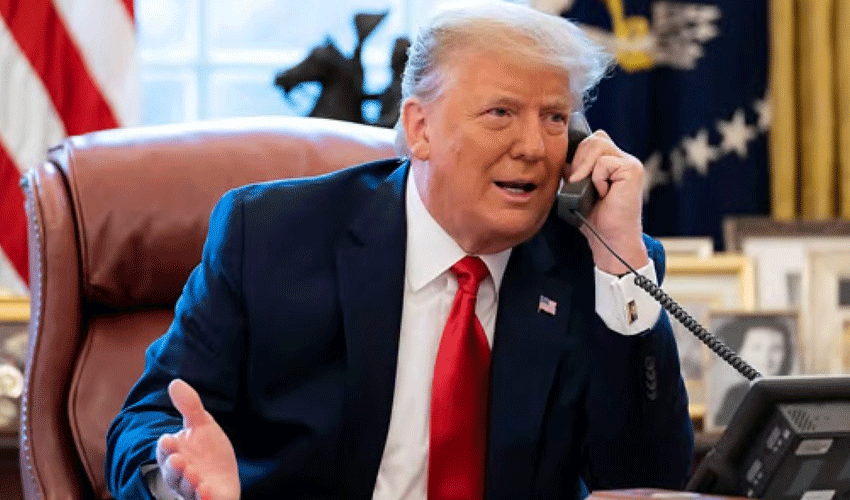Understanding firewall technology
A firewall works by monitoring and controlling incoming and outgoing network traffic based on predetermined security rules. Installed at internet gateways, firewalls filter internet traffic, ensuring only authorized data passes through.
- Internet gateways: Firewalls are positioned at internet gateways where uplink and downlink traffic is managed, filtering internet traffic to ensure security
- OSI model: The Open Systems Interconnection (OSI) model, a 7-layer communication framework, describes how messages are delivered over the internet, with firewalls playing a crucial role
- Deep Packet Inspection (DPI): Firewalls use DPI to inspect the details of internet traffic, including which applications are used and the specific addresses involved, allowing for precise identification of message senders
- Social media data filtering: DPI enables firewalls to filter social media data, managing data at the IP level instead of just the application level
- Content control: Firewalls can block unwanted websites, social media platforms, and specific content, ensuring that only appropriate data passes through
- Source identification: The system provides immediate support in identifying the origin of content, allowing for actions against the content creator once the IP address is revealed.
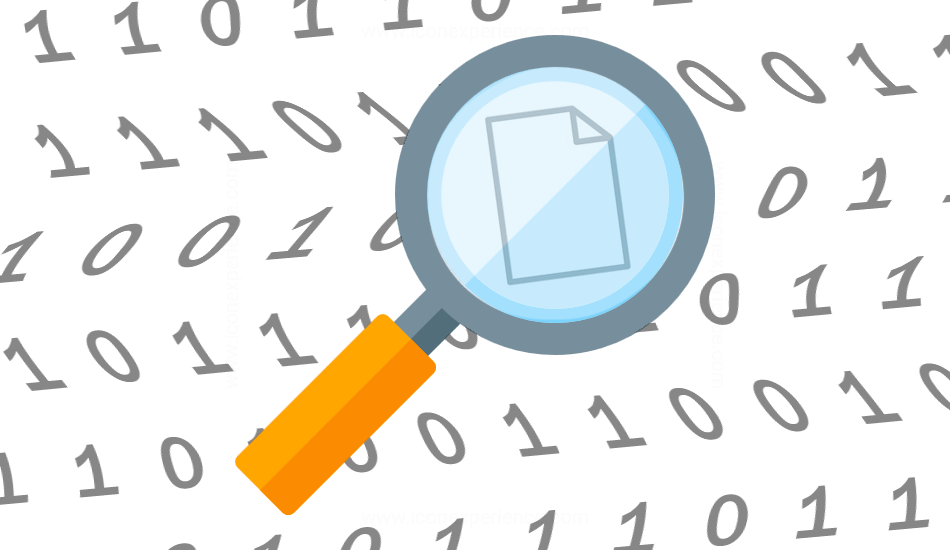
Inspiration from China?
To understand the potential impact of Pakistan's new firewall, it's useful to look at the Great Firewall of China, a prominent example of a comprehensive digital censorship system.

Initiated in 1996 under the Golden Shield Project, the Great Firewall is a sophisticated system designed to control internet access and suppress dissenting views.
Key features
- Internet traffic inspection: All internet traffic entering and leaving China is scrutinized to block access to prohibited content
- Domain and IP blocking: Specific domains and IP addresses are blacklisted to prevent access to certain websites
- Keyword filtering: Searches for specific blocked terms are either blocked or redirected to prevent users from accessing sensitive information
The Great Firewall has had several benefits for China, including enhanced political stability, social control, and protection of national security. It has also supported local industries by limiting foreign competition and preserving Chinese cultural values. However, it has faced criticism for stifling free expression and restricting access to global information.
Pakistan's firewall: current plans and costs
Pakistan's proposed firewall will draw inspiration from systems used in Saudi Arabia and other Gulf countries. The project will be funded partly by the government and partly by Internet Service Providers (ISPs). According to sources from the Pakistan Telecommunication Authority (PTA), ISPs are already obligated to block illegal content under their licensing agreements.
Despite the government's assurances, details about the firewall remain scarce. Experts and digital rights advocates have raised concerns about the lack of transparency and the potential impact on freedom of expression. The secrecy surrounding the project's implementation has led to speculation and uncertainty about its scope and effectiveness.
VPN a good solution?
The government's efforts to control online content come amid a significant rise in VPN usage in Pakistan. The recent ban on the social media platform X, for instance, has led to a surge in VPN subscriptions. Forbes reports a more than 100 percent increase in VPN use since the ban, with some sources citing a 400 percent rise in new VPN users.
VPNs offer a way for users to bypass restrictions and access blocked content. Despite the government's attempts to curtail access to certain platforms, the widespread use of VPNs indicates a robust resistance to censorship. 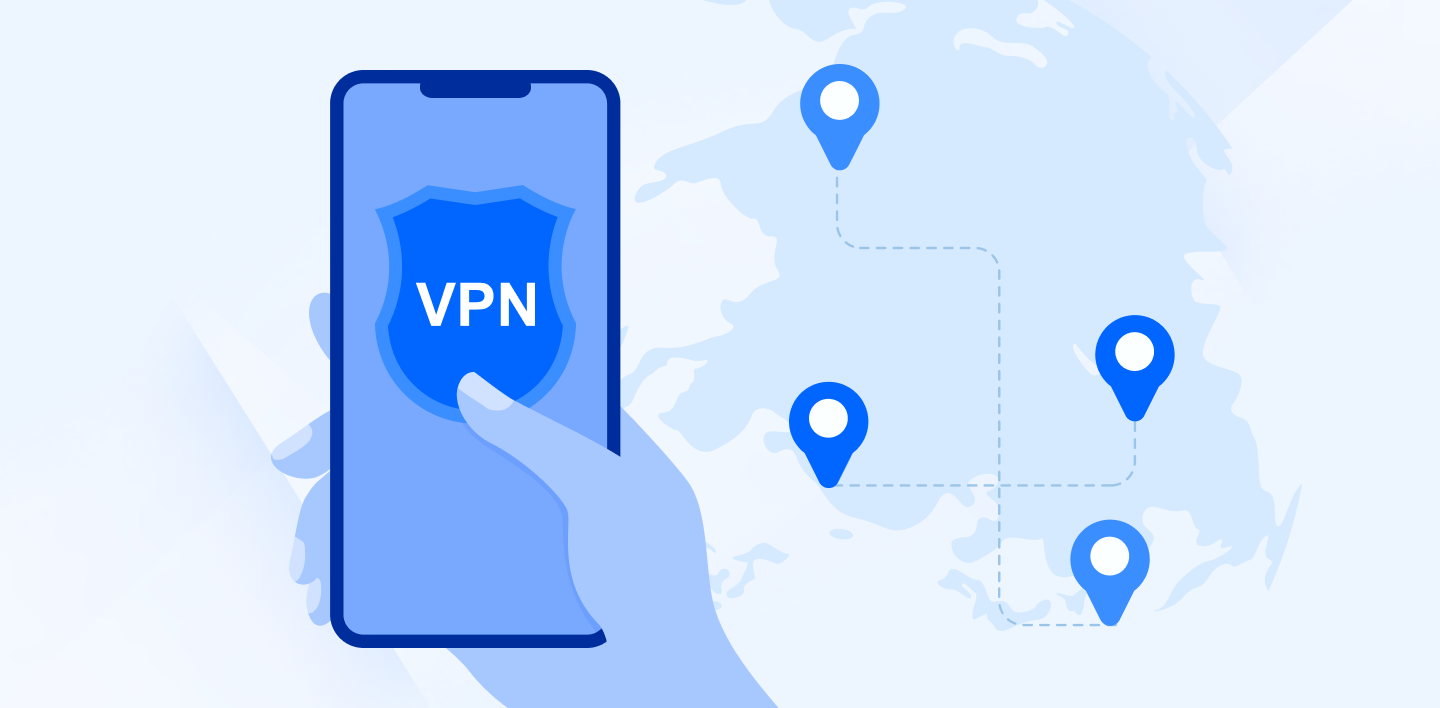
The proposed firewall reflects a broader trend of increasing digital control in Pakistan, a country with a history of human rights concerns related to free expression.
Critics argue that such measures undermine the principles of internet freedom and privacy. They warn that extensive censorship could stifle dissent, limit access to vital information, and hinder economic activities reliant on open internet access. Experts and activists are calling for greater transparency and public debate regarding the firewall's implementation.





